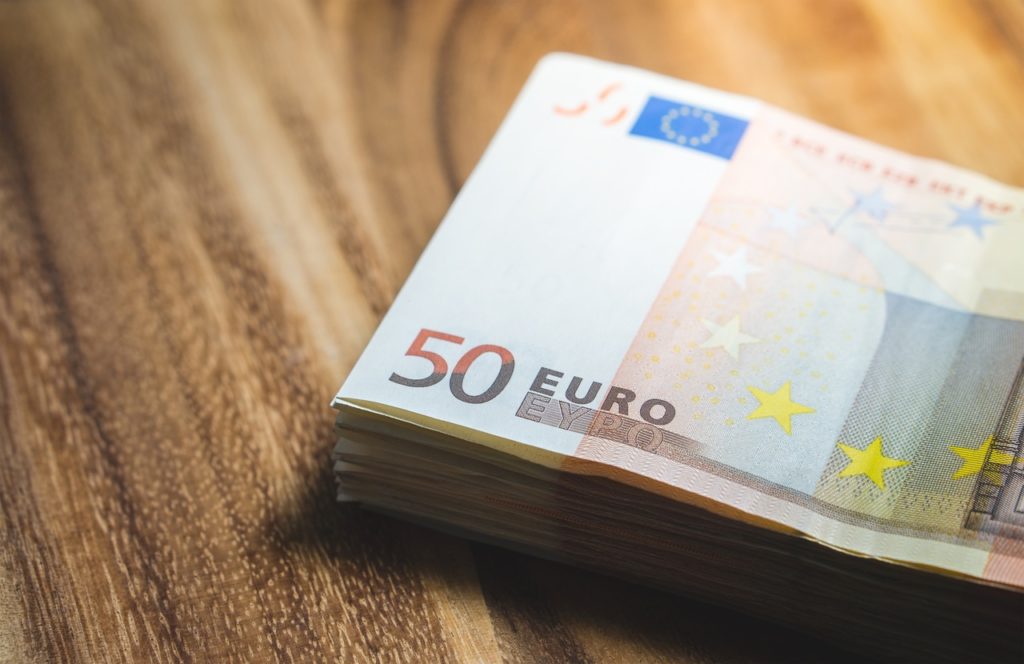The Flemish regional government has announced the extension of its system of encouraging friends and family to lend to small businesses, the innovation and enterprise agency Vlaio has announced.
The system was introduced in 2006 to create a situation under which private individuals, such as family and friends, could lend money to small businesses under attractive taxation terms.
That initial system meant an individual could lend up to €50,000 to a business for a term of eight years, and in return receive a 2.5% discount on their own personal tax bill. And if the small business was unable to repay the loan, the lender would receive from the government a 30% refund in the form of a one-time tax rebate.
In 2019, small businesses used the system to obtain €62.5 million in loans from family and friends. Exceptions to those allowed to lend under the system are employees of the businesses, and partners of the business owner, whether married or legally cohabiting.
Then along came the Covid-19 epidemic, which put many small businesses under threat of collapse. Retailers, many of whom are sole traders, had to close. Others found themselves restricted by lockdown, or suffered when customers were placed in temporary unemployment on 70% income.
The Flemish government is now introducing an amendment to the win-win system in an attempt to make life easier for small businesses.
The term of the loan has been extended from eight years to a period between five and ten years.
The maximum loan by any one lender is increased from €50,000 to €75,000. At the same time, the amount a business can raise in this way is increased from €200,000 to €300,000.
Loans which would normally have expired this year may be extended for two years more to allow businesses more time to repay. In that case, the 2.5% tax credit is extended over the period of ten years.
Finally, if the borrower is unable to repay the loan (in case of bankruptcy, for example), the borrower can recoup 40% of their money through a tax reduction, instead of 30%. This rule applies temporarily to all agreements concluded up to and including 31 December 2021.
Alan Hope
The Brussels Times

